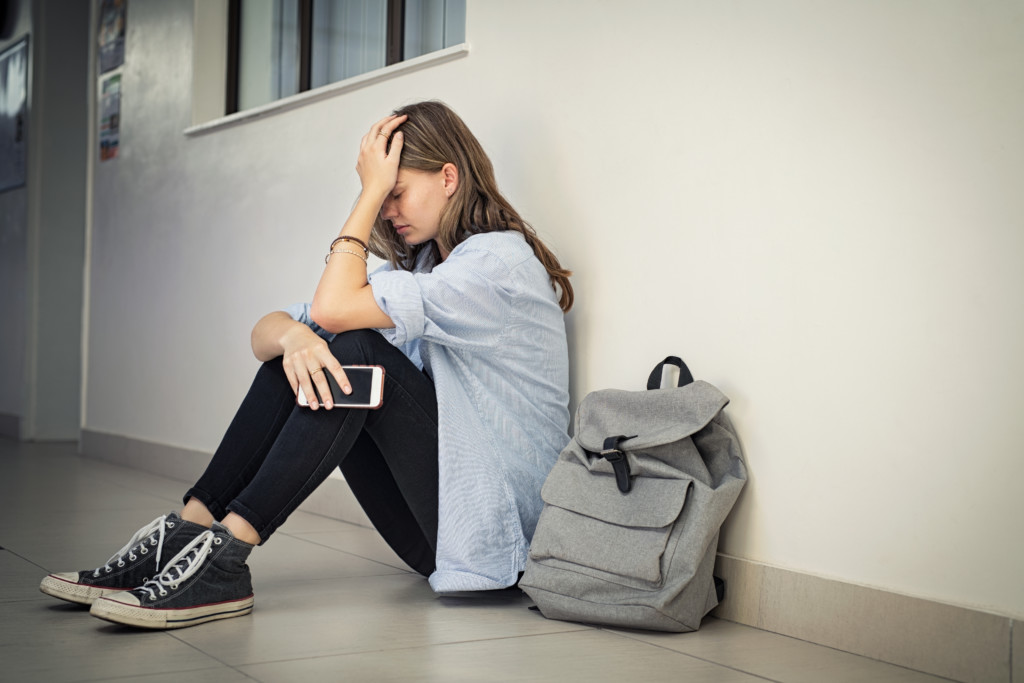 Editor’s note: This commentary from Jonathan Butcher, Will Skillman Fellow in Education at The Heritage Foundation and a reimaginED guest blogger, appeared recently on dailysignal.com.
Editor’s note: This commentary from Jonathan Butcher, Will Skillman Fellow in Education at The Heritage Foundation and a reimaginED guest blogger, appeared recently on dailysignal.com.
Parents have spent the last two years dealing with lawmakers’ and school officials’ indecisions about school re-openings, a nightmare for many. Public officials have constantly alternated between remote and in-person learning, masking and unmasking, social distancing and not.
Now, many families are rejoicing as they see states lift their remaining COVID-19 restrictions. Getting their children caught up on two years’ worth of learning will be the only concern when they attempt to have a normal educational experience once again.
Or so one would assume.
A return to pre-COVID-19 conditions will not be enough to get American students on track when another major obstacle still plagues them: the youth mental health crisis.
There is no doubt the pandemic and many of the arbitrary policies made in response to it contributed to suffering. Children were not immune from mental grievances.
Locking youth populations down, increasing their screen time, and isolating them from their friends and teachers made them feel more stressed, clingy, fearful, helpless, and lonelier than ever before. As a result of these disruptions to their routine, every age group has seen a significant uptick in various mental health, speech, and developmental concerns.
To continue reading, click here.